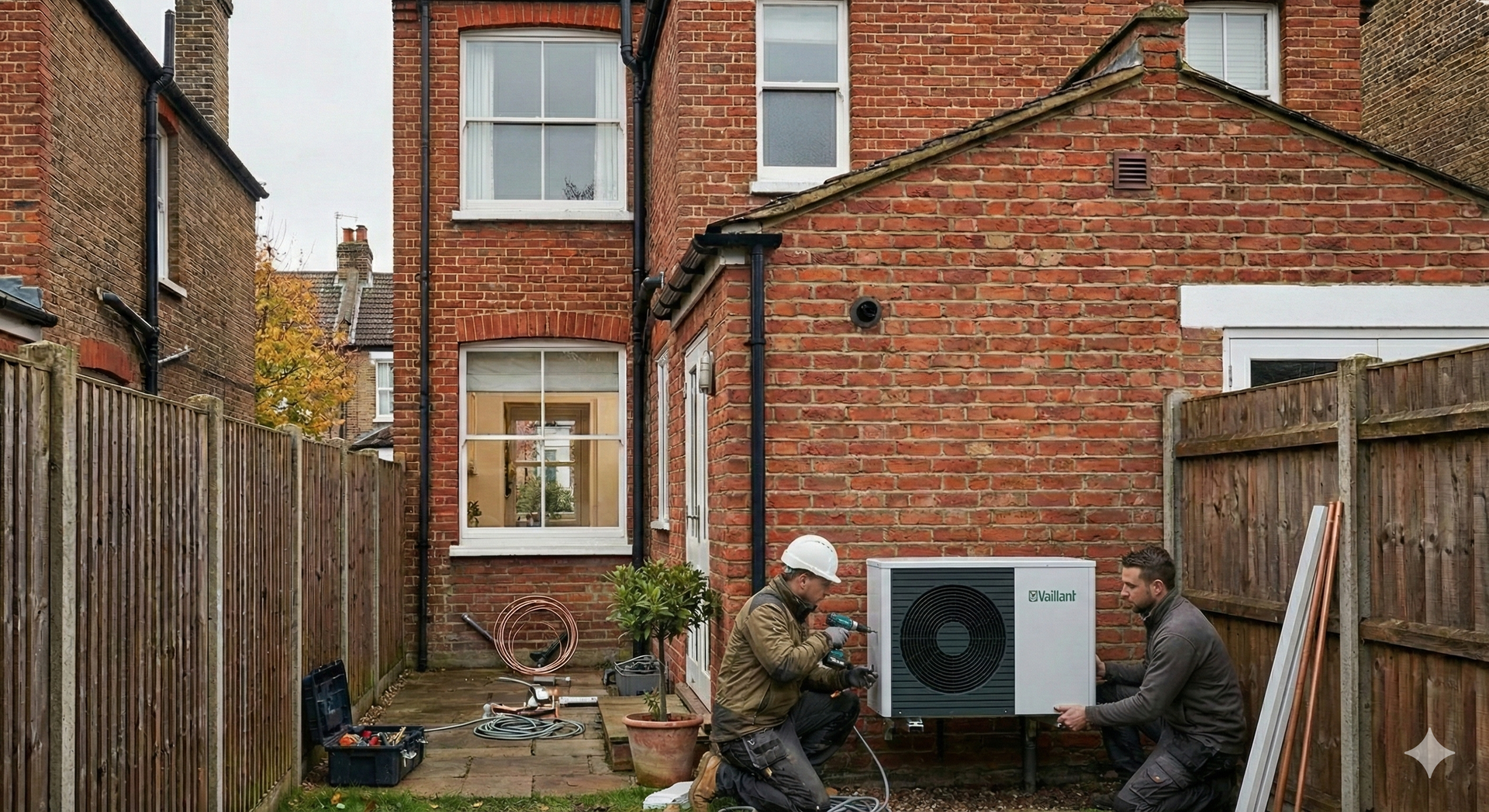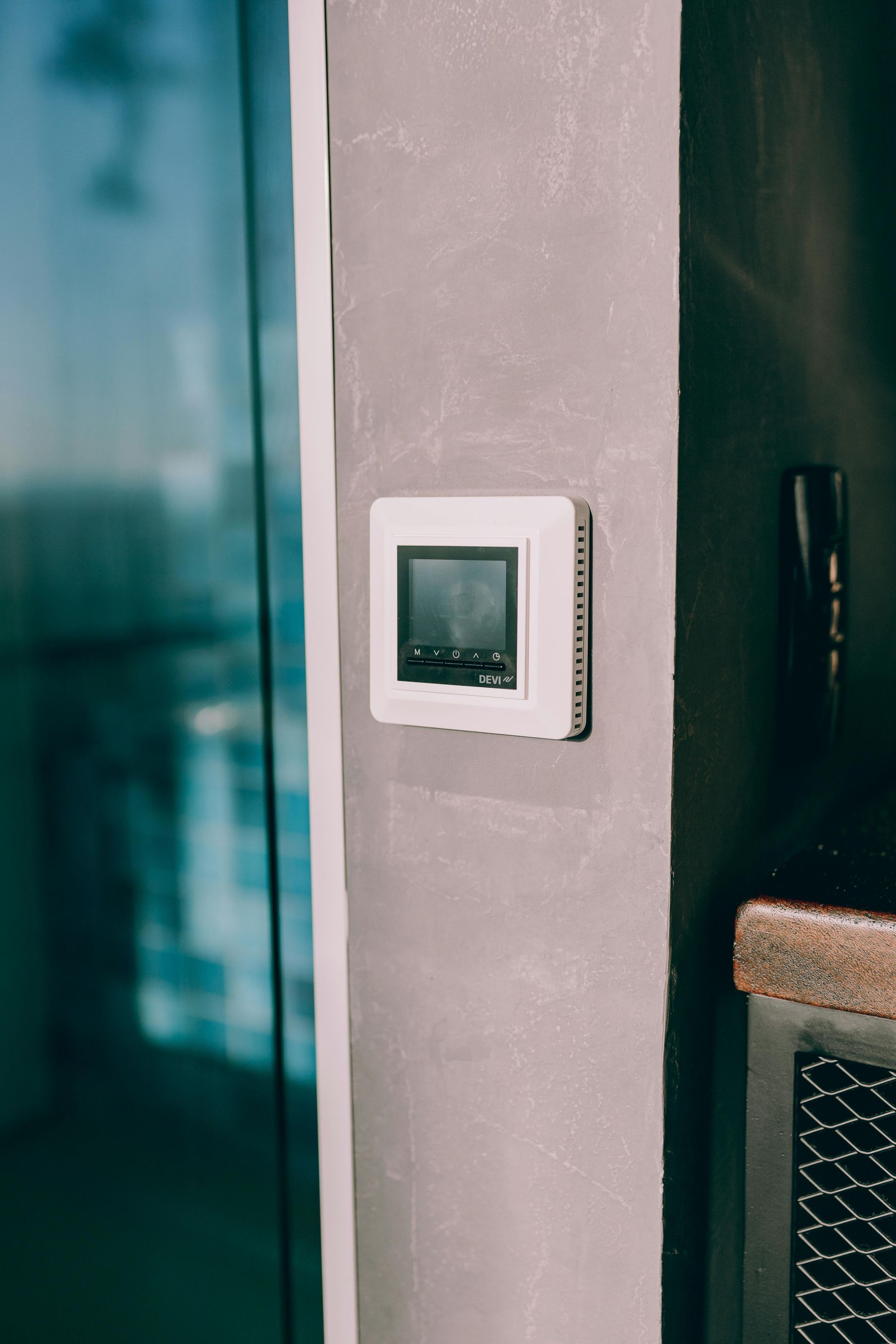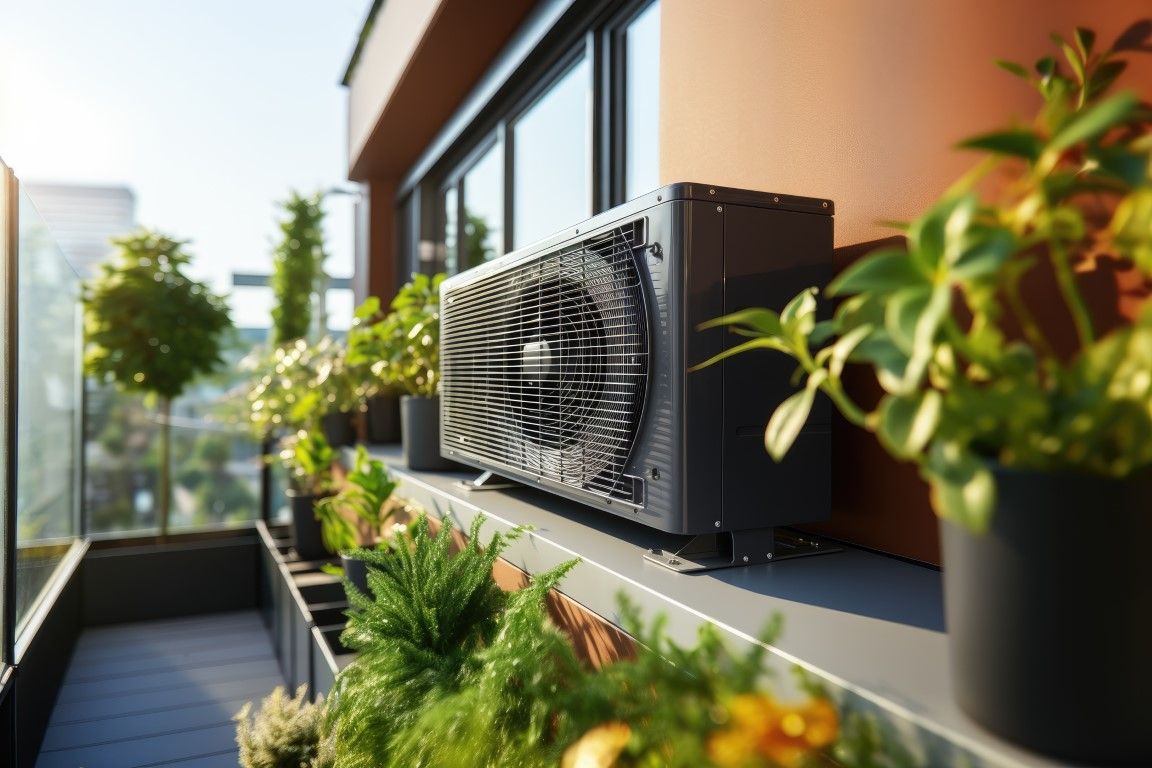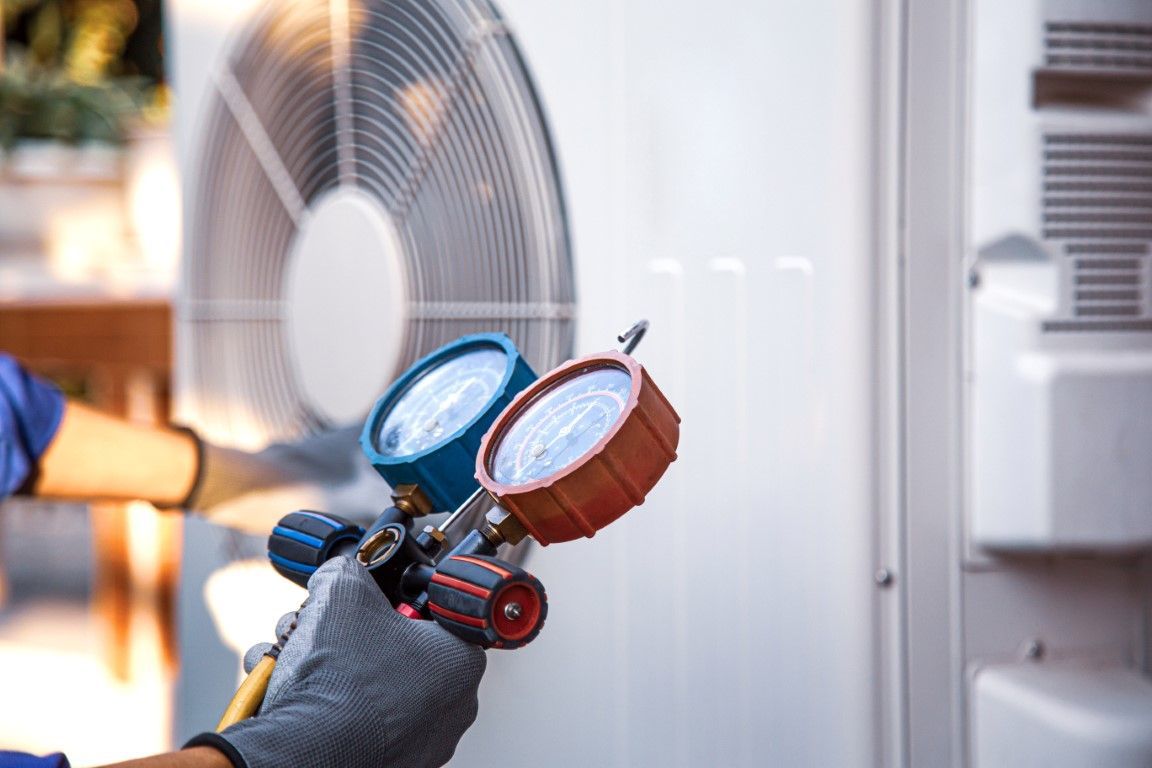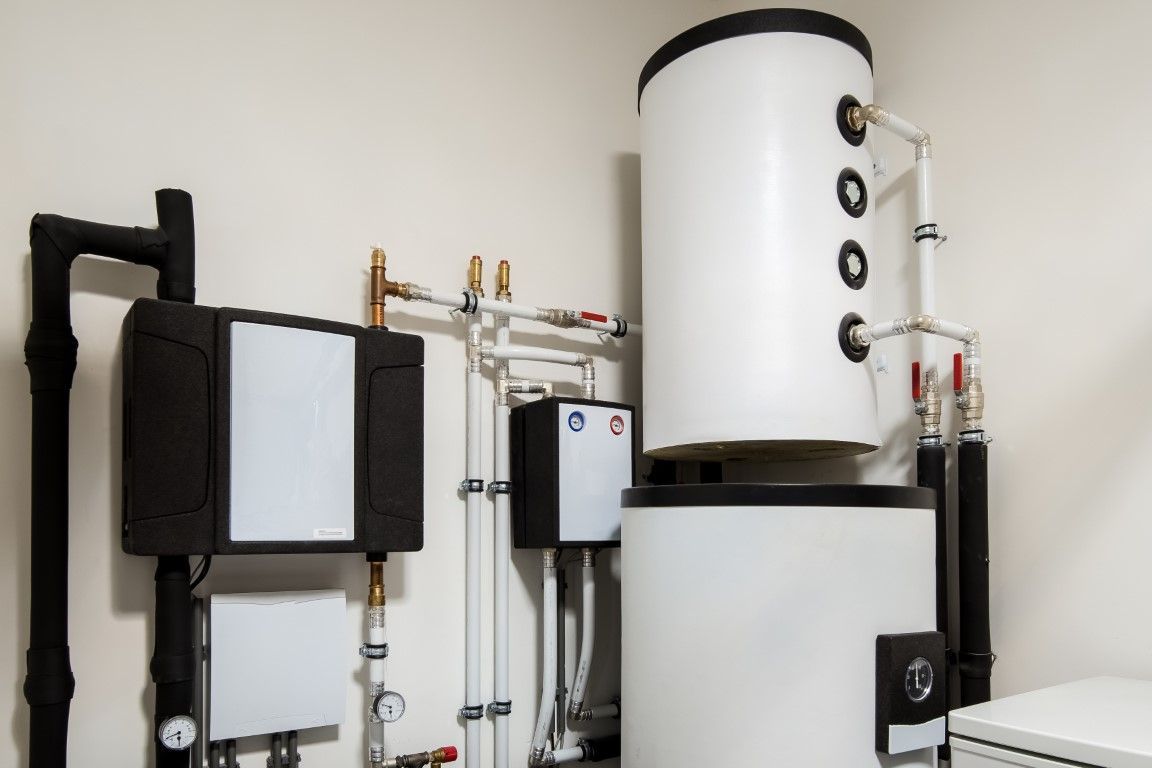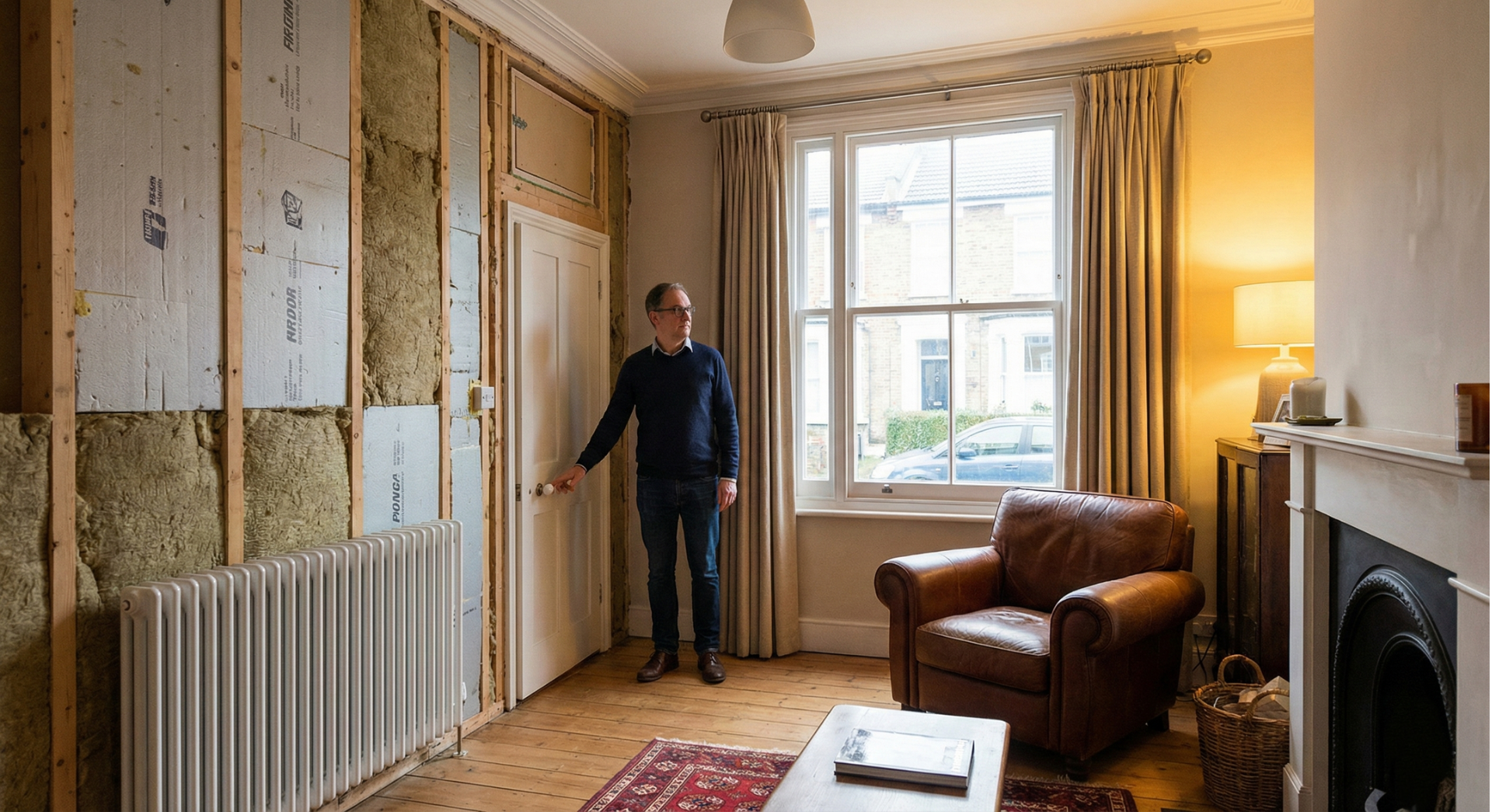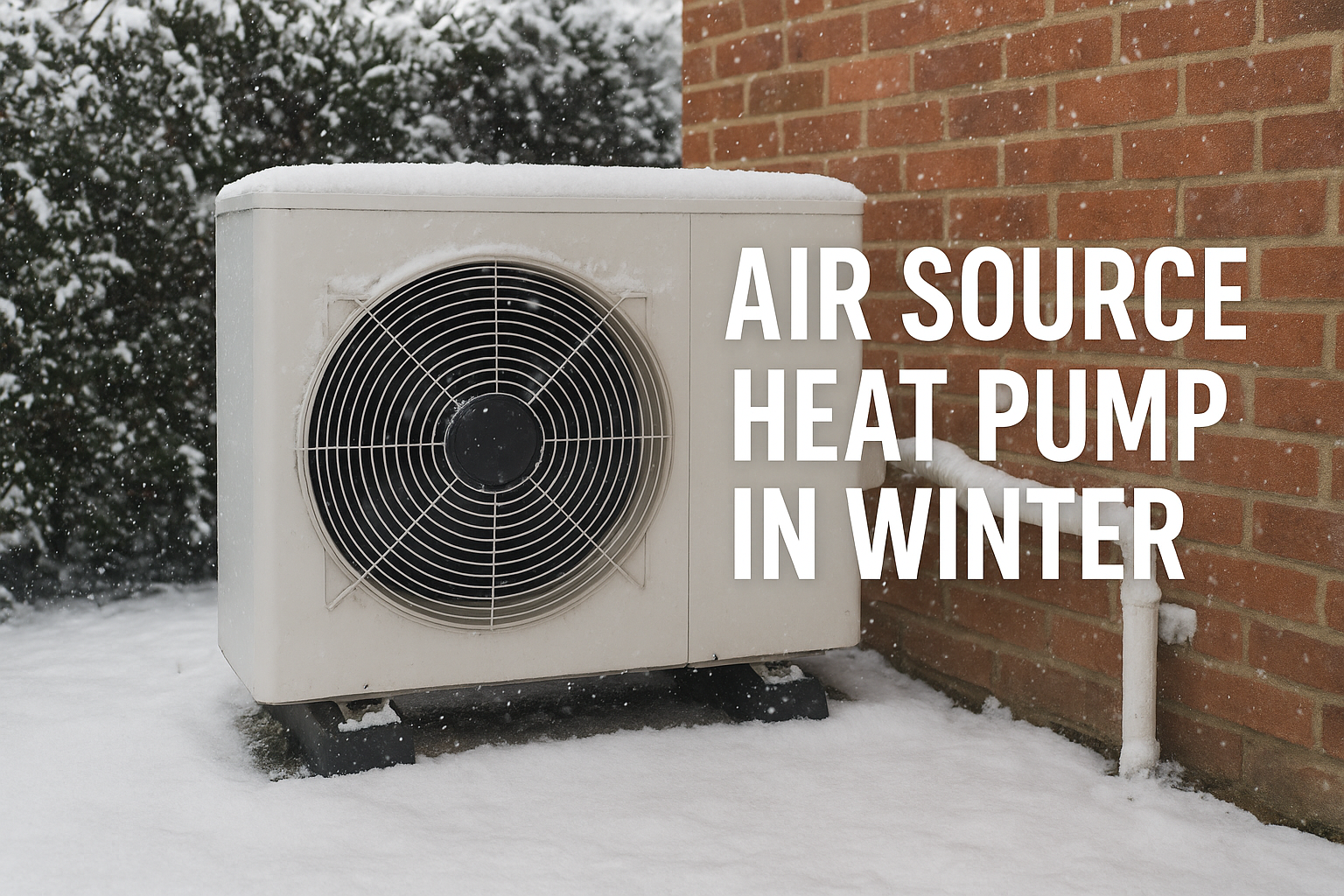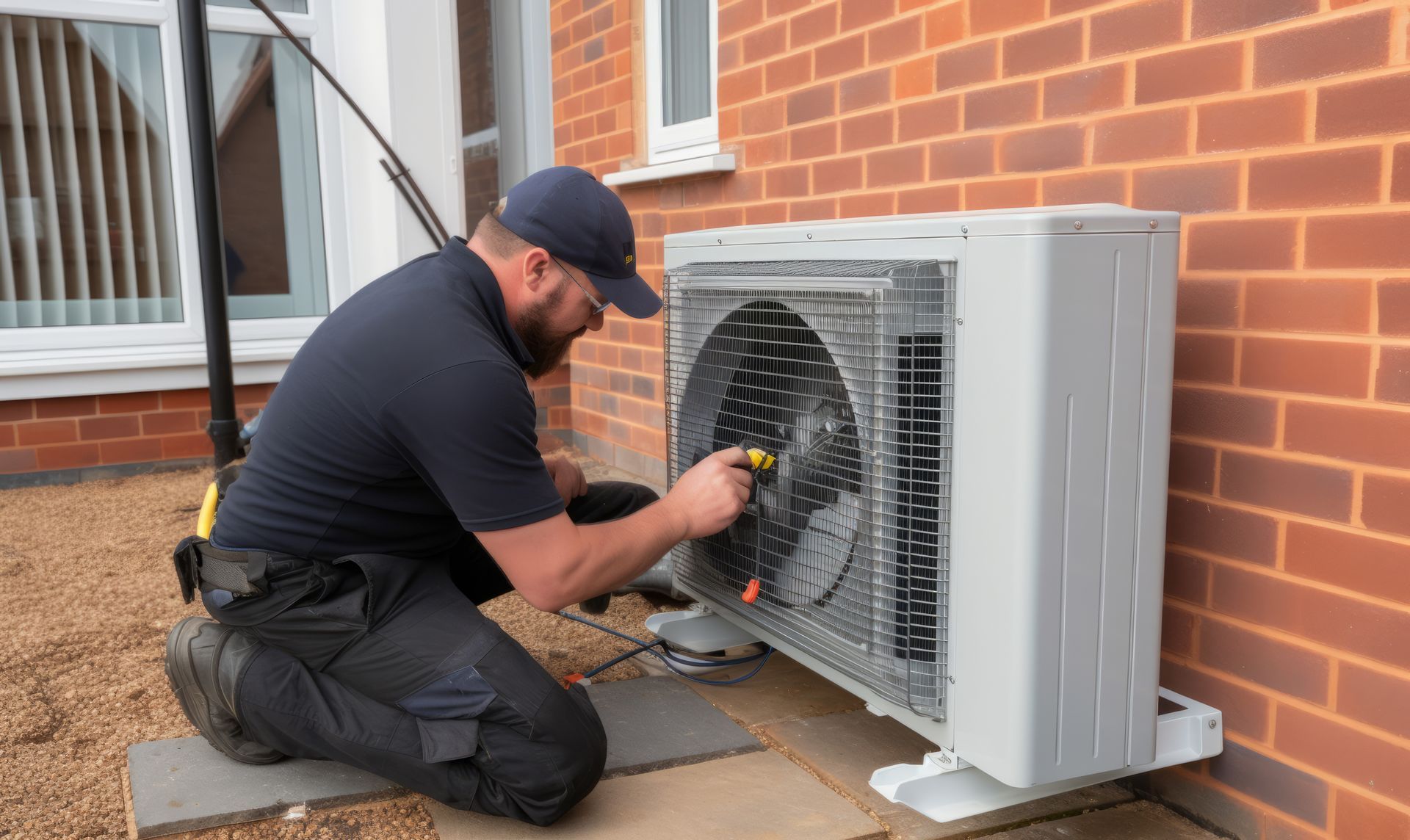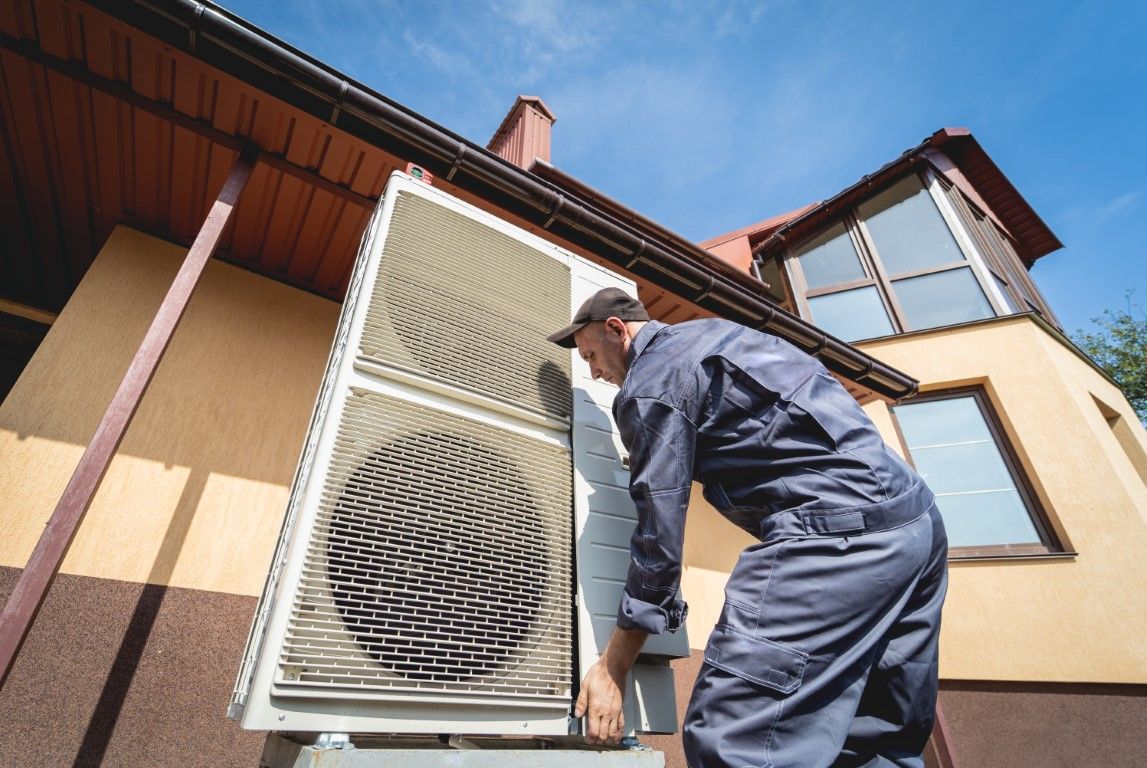Smarter Heating and Energy Savings with Heat Pumps and Solar Panels
Across the UK, rising energy prices have made many households look for better, long-term solutions to cut costs. At the same time, more people want to live sustainably and prepare their homes for the future. One of the smartest ways to achieve this is by combining air source heat pumps (ASHPs) with solar panels.
The Cost of Installation vs. Long-Term Savings
The upfront cost of renewable systems can seem high, but the long-term rewards are hard to ignore. In the UK, an air source heat pump typically costs between £7,000 and £12,000, while a solar panel system ranges from £5,000 to £8,000. A battery adds more, depending on its size and capacity.
Despite this, a well-insulated home with both systems can reduce annual energy bills by up to 50%. With energy prices unlikely to fall significantly, the payback period is often quicker than many expect. Over time, the savings cover the cost of installation while giving you stability and peace of mind.
Support from Government Schemes
To encourage greener heating, the UK government provides funding that makes these upgrades far more affordable.
- The Boiler Upgrade Scheme (BUS) offers up to £7,500 towards the cost of an air source heat pump.
- The ECO4 Scheme supports eligible households with energy efficiency improvements, including help with heat pump installation.
While solar panels are not directly subsidised, combining them with a subsidised heat pump can make the investment much more manageable. In some cases, households can also sell surplus electricity back to the grid, creating an extra income stream.
How Heat Pumps and Solar Panels Work Together
Air source heat pumps draw warmth from the air outside and use it to heat your home and water. They run on electricity and are much more efficient than a gas boiler.
Solar panels, meanwhile, capture energy from sunlight and convert it into electricity for your household.
When paired together, solar panels can supply the electricity needed to power your heat pump. This reduces reliance on the grid, cuts bills, and ensures your home uses renewable energy for both heating and electricity.
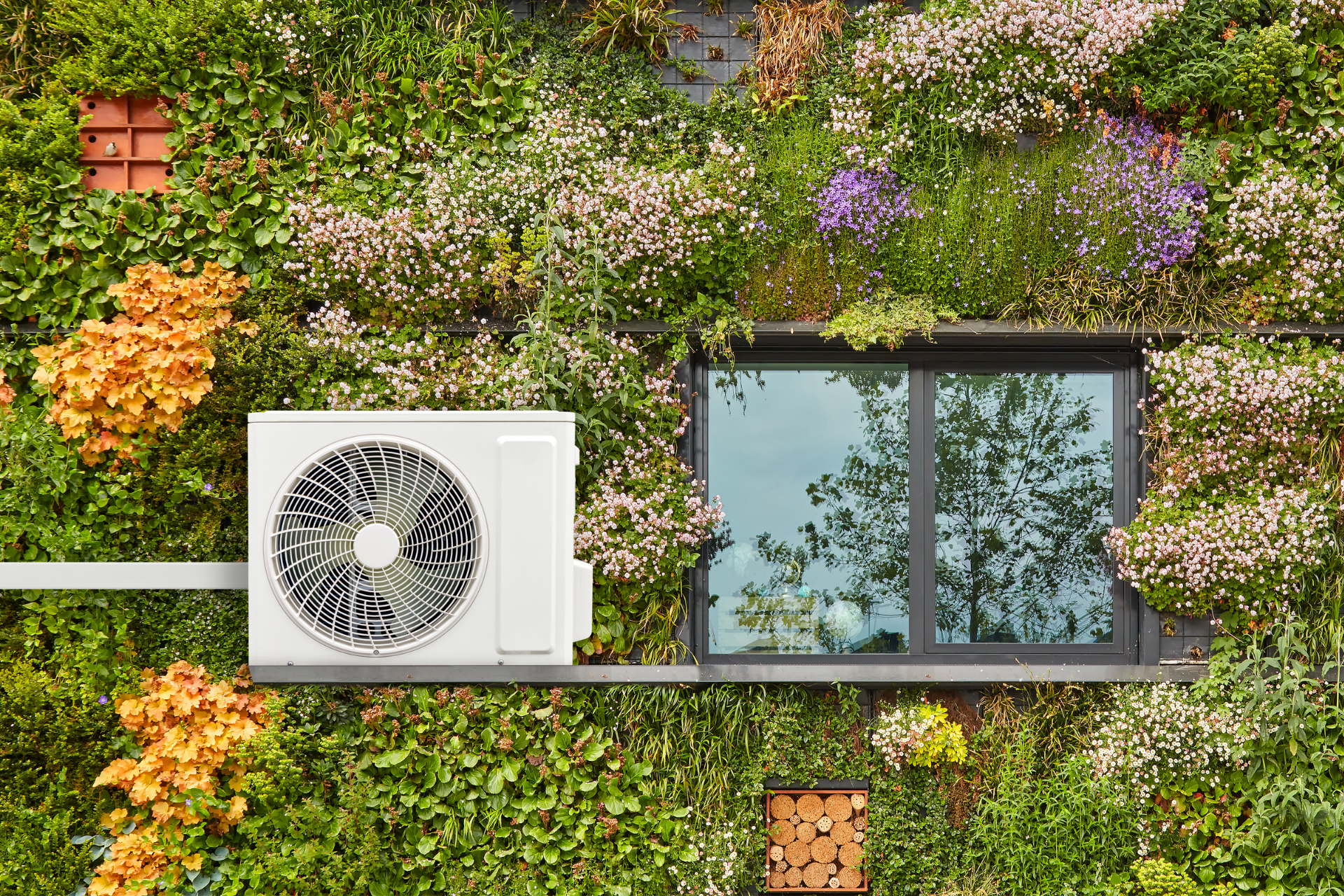
Why Combining Them Makes Sense
The benefits of installing both systems together are wide-ranging:
- Lower running costs – Solar energy reduces the electricity you need from the grid.
- Faster payback – The combined savings add up more quickly.
- Greener living – Your household emissions will be reduced, helping meet UK net-zero goals.
- Stability – Protection against rising energy prices offers financial security.
- Property value – Homes with renewable energy systems are increasingly attractive to buyers.
Together, they create a future-proof energy solution that offers both financial and environmental benefits.
Do You Need a Battery?
Solar panels work best during daylight, but many households use more energy in the evenings and mornings. Without a battery, surplus solar electricity is exported back to the grid.
Installing a battery means you can store that extra energy and use it later, maximising efficiency and reducing grid dependence even further. While it adds to the initial cost, for households with higher energy use, it’s often a worthwhile upgrade.
Is Your Home Suitable?
This setup isn’t limited to large properties—many homes can benefit. The best results are achieved in houses that:
- Are well insulated to keep heat inside.
- Have suitable roof space with good sunlight exposure.
- Plan to remain in the property long-term to maximise savings.
Even smaller homes can take advantage of heat pumps and solar panels, as long as the system is correctly sized and installed. A professional survey can confirm if your home is a good match.
Air source heat pumps and solar panels are impressive technologies on their own, but together they provide one of the best ways to lower bills, reduce emissions, and gain energy security. The combination makes your home cheaper to run, greener, and more attractive to future buyers.
At Darlington Heat Pumps, we’re here to guide you through the whole process—from installation and maintenance to helping you access schemes like ECO4 and the Boiler Upgrade Scheme. If you’re ready to take control of your energy use and create a more sustainable home, our team is here to help every step of the way.
